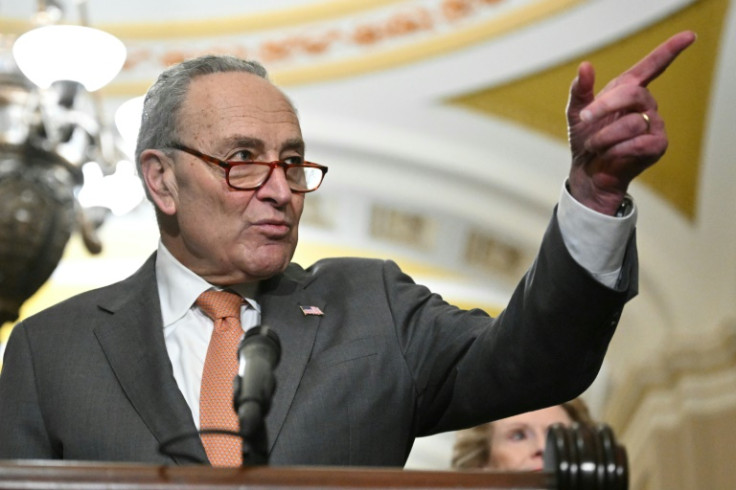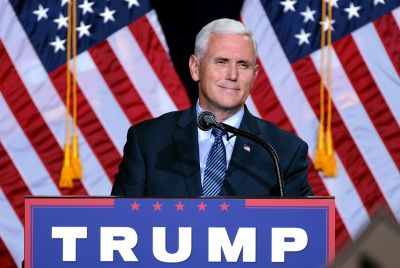Senate Republicans Block $78B Tax Cut Package Aimed At Businesses, Low-Income Families

Senate Republicans have halted a $78-billion tax cut package designed to benefit businesses and low-income families—two key voter groups for the upcoming election.
The Democrats failed to secure the 60 votes necessary to break a filibuster preventing the Senate from debating the package. The procedural vote saw 48 in favor and 44 against, with only three Republicans—Josh Hawley of Missouri, Markwayne Mullin of Oklahoma, and Rick Scott of Florida—crossing party lines to support the measure.
The tax package, which previously passed the House with a 357 to 70 vote in January, promised significant benefits for U.S. companies with substantial capital and domestic research expenditures. Major corporations such as Boeing, General Motors, Deere, Caterpillar, Amazon, Microsoft, and Apple stood to gain from the bill, according to Bloomberg Intelligence.
"This should be a no-brainer," Senate Majority Leader Chuck Schumer, D-N.Y., told reporters before the vote.
"Right now, the only ones standing in the way are Senate Republicans. Everyone else, even House Republicans, are for this."
"Senate Republicans love to talk about how they are the party of family and business. So it's very odd to see them come out so aggressively against expanding the child tax credit and rewarding business with the tax credit," Schumer said on the floor.
However, before it failed, Schumer switched his vote to "no" to maintain his option to bring up the bill again.
"Today, because of Republicans, American families lost," Schumer said after the vote.
Schumer said he is willing to consider amendments after the monthlong recess and added that Republicans might change their stance under constituent pressure during the break.
Prominent Republican tax-writer Senator Mike Crapo suggested waiting until next year when the 2017 Trump tax cuts expire, hoping for Republican control of both the Senate and the White House.
Some Republicans have indicated reluctance to grant Democrats a legislative victory so close to the elections.
The IRS had noted that it could send refund checks to families within six weeks of the bill's enactment.
The bill proposed enhancing the $2,000 per child tax credit for individuals with very low income and increasing credits for low-income filers with more than one child. It also planned to index the maximum credit to inflation for two years starting in 2024.
A coalition of 250 business groups, including the U.S. Chamber of Commerce, Business Roundtable, and National Association of Manufacturers, lobbied intensively for the bill's passage this year.
© Copyright IBTimes 2024. All rights reserved.





















